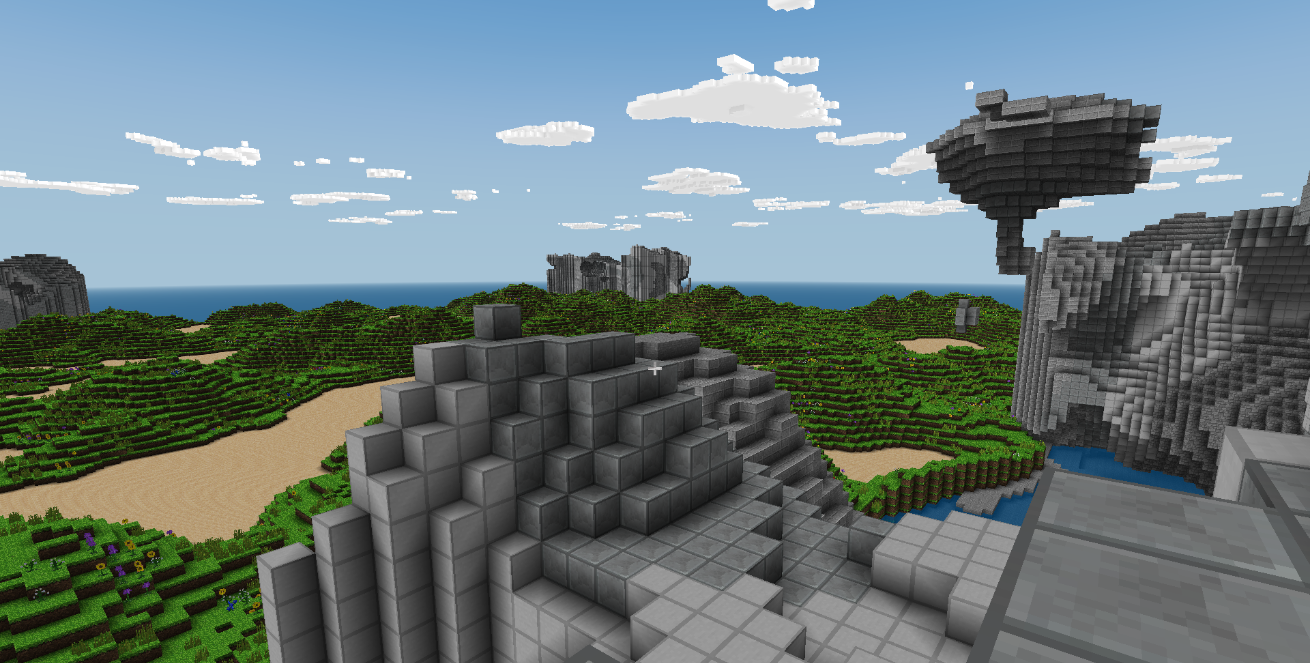 While porting and rewriting ‘Craft’ for use as a libretro core, we decided it would be nice to document some of the steps involved for the purpose of education.
While porting and rewriting ‘Craft’ for use as a libretro core, we decided it would be nice to document some of the steps involved for the purpose of education.
You can check out our source code repository here.
There might be addendums and followups to this article later on. Note that some of these steps are not things that are ‘required’ to be done for the purpose of porting software to the libretro API, they are simply best practices based on the subject matter at hand.
Step 1 – Getting it compiled
‘Craft’ uses Cmake as its build system. While libretro places no requirements on which build system you use for your project, usually out of habit and preference we prefer to write static Makefiles for convenience and portability instead.
We reuse a basic Makefile template for this that we import into other projects. The three files we will be creating are : Makefile.libretro, link.T, and Makefile.common. We will put these files into the root of the project (or any other place where the central Makefile is usually stored).
To make things easier to understand, Makefile.libretro is the general Makefile solution which includes Makefile.common. Makefile sets up all the platform targets that your core supports, while Makefile.common would be the equivalent of CMakeLists.txt. You define all the files here that will need to be compiled here.
A rundown on some of the variables inside Makefile.common :
SOURCES_C – You add C source code files to this variable.
SOURCES_CXX – You add C++ source code files to this variable.
INCFLAGS – You add include directories to this varaible.
Craft is a C-only program, so we will add all the source files to SOURCES_C.
First we will attempt to compile as many files as possible before we will move on to actually making it work with libretro. Later on, we might replace some of the dependencies that ‘Craft’ uses with some of our own for reasons of portability and consistency. Some dependencies we will avoid for now like glew and glfw, we will add our own substitutes for this later on.
You will notice after following this commit that there are still quite a number of undefined references left before the core will actually be assembled. That is because of some of the dependencies we have omitted so far (like glew and glfw), and because we have yet to write a libretro implementation.
The following are notes based on the dependencies found in Craft, if you don’t find any of these dependencies in another project you don’t need to be concerned about this.
NOTE: I defined SQLITE_OMIT_LOAD_EXTENSION and appended it to CFLAGS since we won’t be needing such functionality for the libretro port.
NOTE2: Although the developer of Craft has gone to great pains to make sure there are as few hard dependencies as possible (and the few there are, have their sources provided inside the project’s codebase) ,there are still some hard dependencies which will require us to pull in some sources later on, like ‘libcurl’. We will ignore this for now, and just dynamically link against it for now until we can get rid of this dependency by compiling it into the core itself.
Continue reading “Making Of: Craft core” →
 We have decided to port over a promising Minecraft clone to the libretro API. The original source repository can be found here, and the libretro repository can be found here.
We have decided to port over a promising Minecraft clone to the libretro API. The original source repository can be found here, and the libretro repository can be found here.
